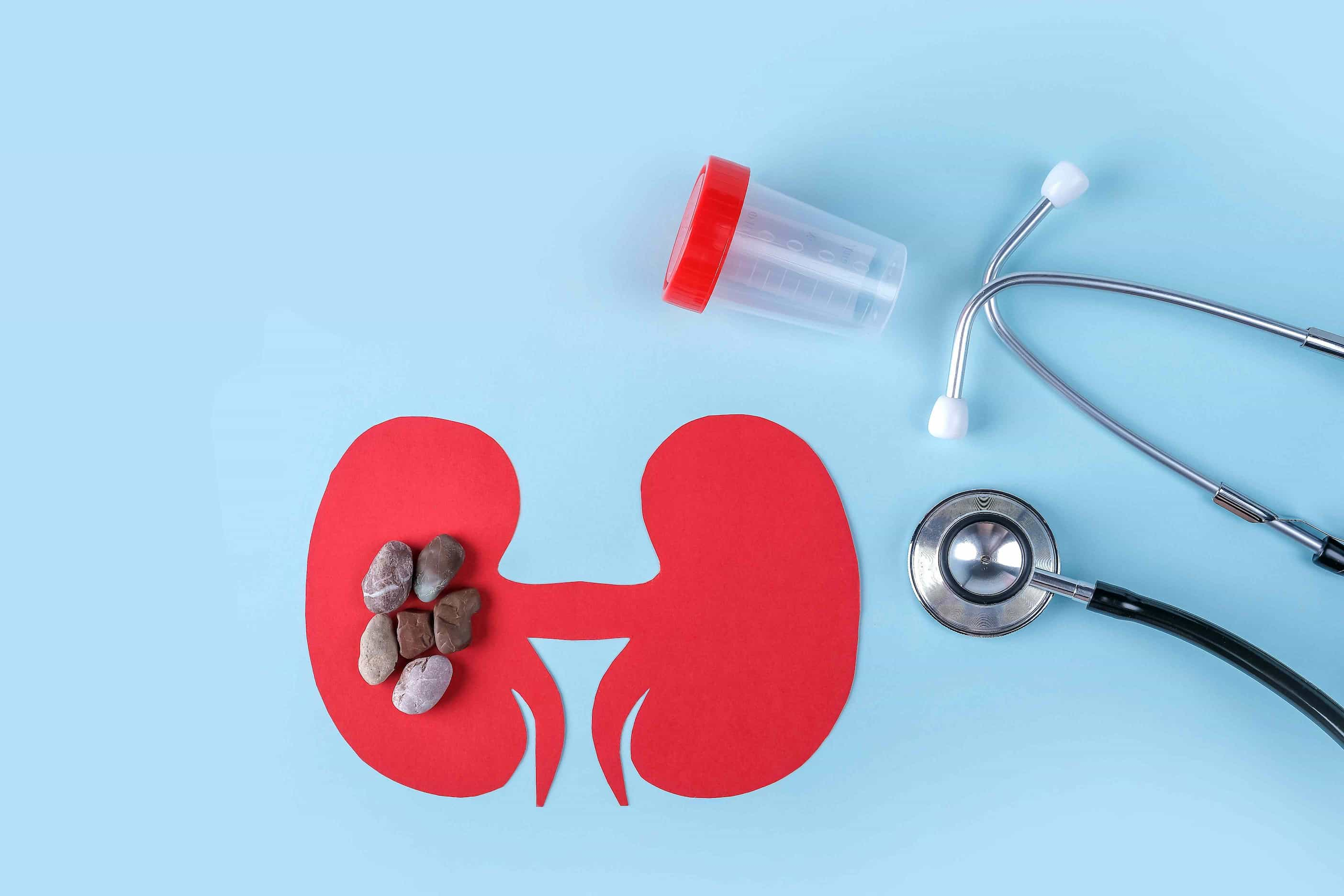
Vasectomy Effectiveness
Are you considering a vasectomy but unsure of its effectiveness? You’re not alone. Vasectomy is a permanent form of birth control, and as such, it’s important to understand just how effective it is before deciding to undergo the procedure.
In this ultimate guide to vasectomy effectiveness, we’ll cover everything you need to know about the procedure’s success rates, including the factors that can affect its effectiveness and what to expect after the surgery.
What Is Vasectomy?
Vasectomy is a surgical procedure that is performed on men as a form of permanent contraception. During the procedure, the vas deferens, which are the tubes that carry sperm from the testicles to the urethra, are cut, tied, or sealed shut. This prevents sperm from being released during ejaculation, which means that the man is no longer able to father children.
The procedure is usually done in a doctor’s office or clinic, under local anesthesia. It takes about 20-30 minutes to complete and is generally considered a safe and effective form of birth control. Because it is permanent, vasectomy is typically recommended for men who are sure that they do not want to have any more children in the future.
After the procedure, men are advised to avoid heavy lifting or strenuous activity for a few days and to use a form of birth control, such as condoms, until their doctor confirms that all remaining sperm have been cleared from their system. Vasectomy does not provide immediate protection against pregnancy, and it can take several months for all remaining sperm to be cleared. However, once the procedure is successful, it is considered a highly effective form of contraception, with a success rate of more than 99%.
How Effective Are Vasectomies?
When it comes to preventing pregnancy, vasectomy is one of the most effective forms of birth control available. According to the American Urological Association, vasectomy is over 99% effective at preventing pregnancy, making it even more effective than other forms of permanent birth control, such as tubal ligation.
Vasectomy works by cutting or blocking the vas deferens, which are the tubes that carry sperm from the testicles to the penis. When the vas deferens are cut or blocked, sperm cannot leave the testicles and therefore cannot fertilize an egg.
While vasectomy is highly effective, it’s important to note that it’s not 100% foolproof. In rare cases, the vas deferens can reconnect, allowing sperm to once again travel through the tubes and potentially fertilize an egg.
In addition, sperm can remain in the vas deferens for some time after the procedure, meaning that it’s still possible to conceive for a short period after the surgery. This is why it’s important to use a backup form of birth control, such as condoms, for several weeks after the procedure until your doctor confirms that your semen is free of sperm.

Factors That Can Affect Vasectomy Effectiveness
While vasectomy is highly effective, some factors can impact its success rate. These include:
Time Since the Procedure – Vasectomy takes time to be effective. After the procedure, it can take several months and multiple semen analyses to confirm that your semen is free of sperm. Until your doctor confirms that your semen is free of sperm, it’s important to use a backup form of birth control.
Age – While vasectomy is effective at preventing pregnancy, it does not protect against sexually transmitted infections. As such, it’s important to use condoms to protect against STIs if you’re not in a monogamous relationship.
Surgical Technique – The success of the procedure can also depend on the surgical technique used. While traditional vasectomy involves cutting the vas deferens and tying or cauterizing the ends, newer techniques such as the no-scalpel vasectomy may have a lower failure rate.
Surgeon Experience – The experience and skill of the surgeon performing the procedure can also impact its success rate. Choosing a surgeon with a good reputation and a lot of experience with vasectomy can help ensure the best possible outcome.
Pregnancy After a Vasectomy
While it’s rare, it is possible to conceive after a vasectomy. About 1 in 2,000 men who undergo the procedure will conceive a child within the first year after the surgery.
If you’ve undergone a vasectomy and your partner becomes pregnant, it’s important to see a doctor as soon as possible. In some cases, the vas deferens may have reconnected, allowing sperm to once again travel through the tubes. In other cases, the pregnancy may be the result of sperm that remained in the vas deferens for some time after the procedure.
In either case, additional surgery may be necessary to ensure that future pregnancies do not occur.
Vasectomy Vs. Other Forms of Birth Control
While vasectomy is a highly effective form of permanent birth control, it’s important to consider how it compares to other forms of birth control when deciding to undergo the procedure. In this article, we’ll compare the effectiveness of vasectomy to other popular forms of birth control, such as the pill, IUDs, and condoms.
While vasectomy is over 99% effective at preventing pregnancy, other forms of birth control can also be highly effective when used correctly. For example, the pill is over 99% effective when used perfectly and around 91% effective with typical use. IUDs are also over 99% effective at preventing pregnancy and can last for several years. Condoms, when used correctly every time, are around 98% effective at preventing pregnancy.
When comparing vasectomy to other forms of birth control, it’s important to consider not only effectiveness but also factors such as convenience, cost, and potential side effects. While vasectomy is a one-time procedure that can provide lifelong protection against pregnancy, it is a surgical procedure and may require a recovery period. Other forms of birth control, such as condoms and the pill, can be used as needed and may be more convenient for some people. Additionally, the cost of vasectomy may vary depending on insurance coverage and other factors.
Overall, the decision to undergo vasectomy or choose another form of birth control is a personal one that should take into account a variety of factors, including effectiveness, convenience, and potential side effects.
Study of Vasectomy
Recent studies published in reputable medical journals, such as the Journal of Urology and Contraception, have consistently shown that vasectomy is an exceptionally effective form of permanent contraception, with a success rate exceeding 99%. These studies, conducted across diverse populations, reaffirm the high reliability of vasectomy as a birth control method. Furthermore, they emphasize the importance of following post-procedure guidelines and choosing an experienced surgeon to achieve optimal success rates.
Healthy Türkiye Notes
The effectiveness of vasectomy is extremely high, with less than 1% of men experiencing a pregnancy after the procedure. However, it’s important to follow all post-procedure instructions carefully and choose a qualified surgeon to perform the procedure to maximize success. While pregnancy after a vasectomy is rare, it can happen, so it’s important to use backup birth control until sterility is confirmed. By understanding the factors that can affect vasectomy effectiveness and taking appropriate precautions, men can enjoy the benefits of this highly reliable form of birth control.




